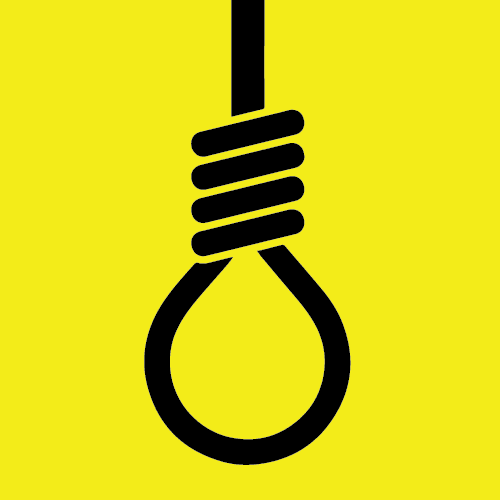AMNESTY INTERNATIONAL
PUBLIC STATEMENT
19 April 2017

Amnesty International today urged the authorities of Singapore to immediately halt plans to carry out the execution of Mohd Jeefrey bin Jamil, scheduled for Friday 21 April. The organization renews its calls to the Singaporean government to urgently re-introduce a moratorium on the implementation of the death penalty with a view to its eventual abolition.
The family of Mohd Jeefrey bin Jamil, a Singaporean national, were notified on 17 April that the President had rejected his clemency petition and that his execution has been scheduled for tomorrow, Friday 21 April. Mohd Jeefrey bin Jamil, now 52 years old, was convicted on 28 November 2014 after he was found in possession of 45.26 grams of diamorphine and automatically presumed to be trafficking the substance in March 2012. The prosecution regarded him as a “courier”, but refused to issue a certificate of cooperation, resulting in Mohd Jeefrey bin Jamil being given a mandatory death sentence. His appeal was dismissed without a written decision being issued, while another challenge he brought together with three other prisoners on the constitutionality of some provisions introduced through the 2012 legislative amendments, was rejected in December 2016.
Following the adoption of the Misuse of Drugs (Amendment) Act 2012 and the Penal Code (Amendment) Act 2012 in November 2012, the courts of Singapore are now given the discretion not to impose the death penalty in certain circumstances. In drug-related cases, defendants may now be spared the death penalty if they are found to have been involved only in transporting, sending or delivering a prohibited substance, or only offered to commit these acts (as “couriers”) and if the Public Prosecutor can certify that they cooperated with the Central Narcotics Bureau to disrupt further drug-related activities.
International human rights law requires that the use of the death penalty be restricted to the “most serious crimes”. The UN Human Rights Committee has on numerous occasions found that drug-related offences do not meet the criterion of “most serious crimes”, a finding reiterated by the UN Special Rapporteur on extrajudicial, summary or arbitrary executions and the UN Special Rapporteur on torture and other cruel, inhuman or degrading treatment or punishment.
The mandatory imposition of the death penalty is against international human rights law. The UN Human Rights Committee has said that “the automatic imposition of the death penalty constitutes an arbitrary deprivation of life, in violation of article 6, paragraph 1, of the International Covenant on Civil and Political Rights, in circumstances where the death penalty is imposed without any possibility of taking into account the defendant’s personal circumstances or the circumstances of the particular offence”. Furthermore, under Singaporean law, when there is a presumption of drug possession for the aim of trafficking, the burden of proof shifts from the prosecutor to the defendant. This violates the right to a fair trial and the presumption of innocence.
The authorities of Singapore introduced a moratorium on executions in July 2012, to allow the Parliament to review the country’s mandatory death penalty laws. Since executions resumed in 2014, the authorities of Singapore have executed at least ten people after, including seven convicted of drug trafficking and three of murder. At least seven new mandatory death sentences were imposed for drug trafficking in 2016 and at least 38 people were on death row at the end of the year.
Amnesty International opposes the death penalty unconditionally as a violation of the right to life as proclaimed in the Universal Declaration of Human Rights and the ultimate cruel, inhuman and degrading punishment. As of today, 141 countries have abolished the death penalty in law or practice; in the Asia Pacific region, 19 countries have abolished the death penalty for all crimes and a further eight are abolitionist in practice. There is no evidence that the death penalty has a unique deterrent effect on crime. Amnesty International calls on the authorities of Singapore to immediately halt the execution of Mohd Jeefrey bin Jamil and any other prisoner and swiftly move to abolish the death penalty once and for all.


